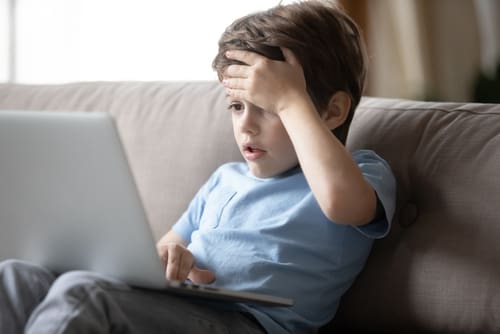
Is anxiety a problem for you? For me?
Of course, I was reading the New York Times and came across this article about anxiety and it prompted me to think about the feeling of being anxious — which can lead into full-blown anxiety. Anxiety is common — actually I don’t know anyone personally who doesn’t have some level of worry, care and concern over their lives, the state of the world, other people, situations, and more.
If you were to actually sit down and ask somebody, directly, are you anxious about anything in your life or life in general I can’t imagine anyone saying, “no, not at all.” Worry, anxiousness, concern are all basic human emotions and ways of feeling that make us exactly that — human. I think it is how we interact with these feeling states that defines if anxiety is a problem for ourselves or not.
What do you do with the anxious parts of your self? Are you able to listen to what this part of you is saying and put it into perspective, or take a clue that you need to regulate your body and mind to calm both, or take an action that will alleviate your worries and concerns? If so, anxiety is not a problem, but rather something to be mindful of as one part of your feeling state.
Now, if you are having trouble recognizing you are anxious or becoming paralyzed in your life due to feeling anxiety (worry, concern) then it is an emotion that is going to limit your life and how you are living. This is when it is a problem. I would tend to agree with the article referenced above. However, it points to Cognitive Behavioral Therapy (CBT) as the best modality for treatment of anxiety and its symptoms.
CBT seeks to change the way you think about situations so you can alleviate your worry and anxiousness over whatever is causing you anxiety. It is a type of therapy that is often brief and comes with homework to build up skills for reacting differently. It certainly has its place in the canon of treating anxiety, but it is also a type of therapy that insurance companies love — 8-10 sessions and you are cured. Their pocketbooks not needing to pay for anything more.
However, I think of paralyzing anxiety as a symptom of something deeper going on internally within a person. How did you see your caretakers interact with their worries and concerns, were you insecure as a child when your caretakers left you, did you have space to worry and voice your concerns — were these feelings welcomes as a child? Looking at these deeper questions and family of origin patterns can help us take a look at what is driving our anxiety on the surface. Often anxiety that is felt about external things reflects an internalized anxious state that has never been able to be explored — and wants to be heard.
Working with a therapist to uncover these patterns can not only help short-term alleviation of anxiety, but can also shift an internal state where paralyzing insecurity, out of control feelings, and worried states rule the person.
So, there are plenty of options for treatment, but please know if you are worried about someone or something — if you are anxious — to a large degree this is expected as part of being human.
Don’t forget the breath — 4 deep breaths in through the nose and then out through the mouth – can do wonders for any worry.









